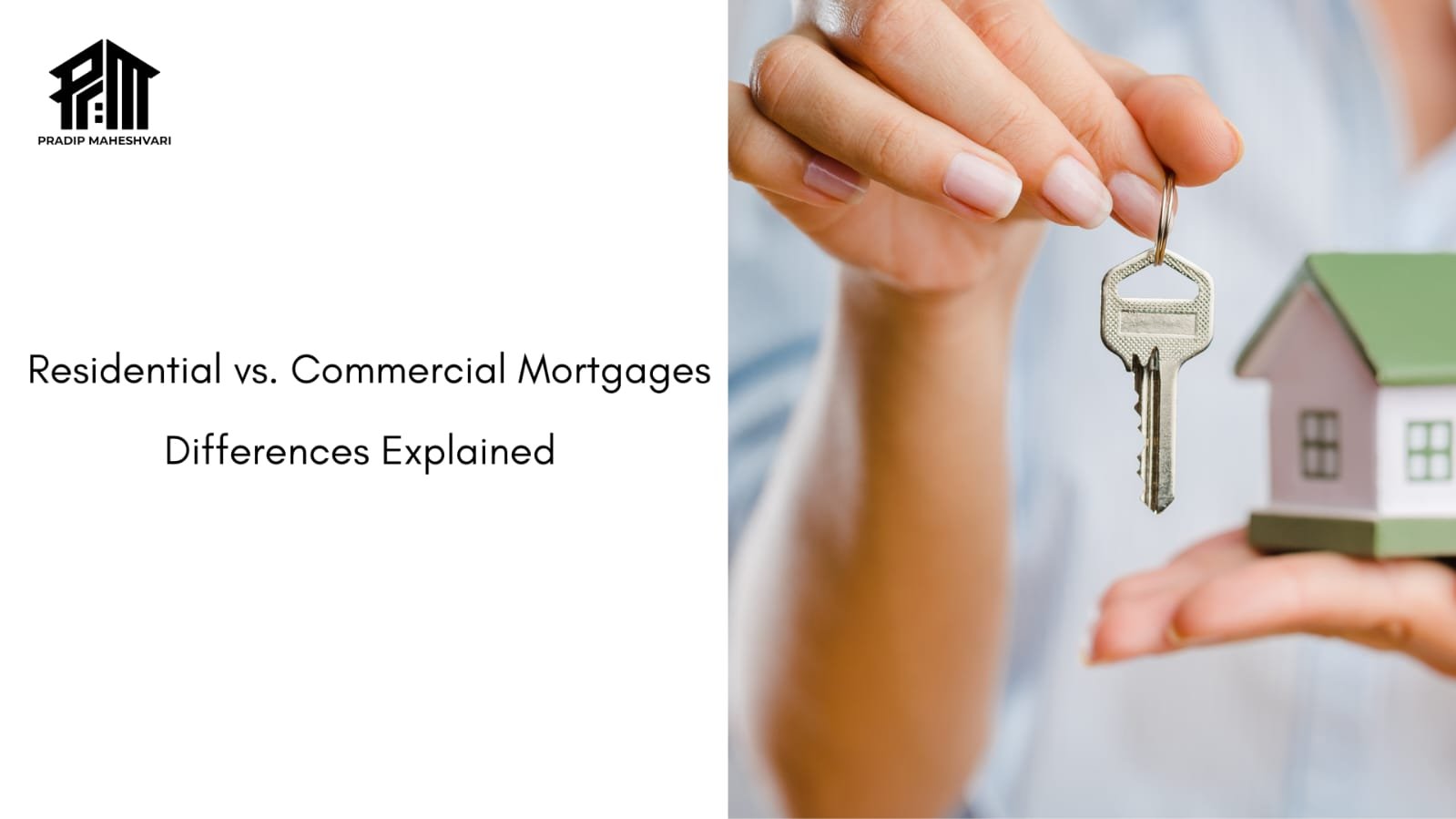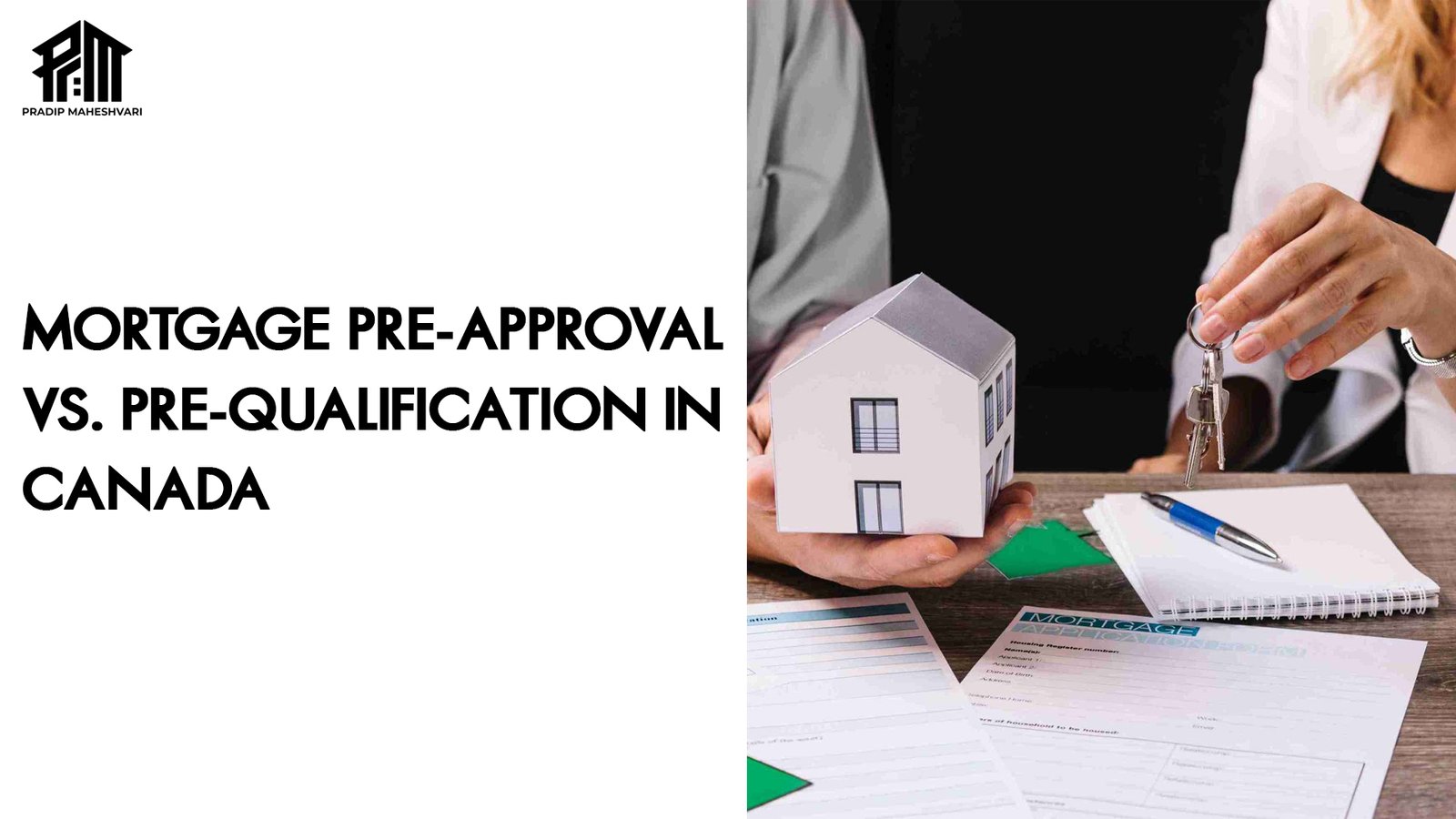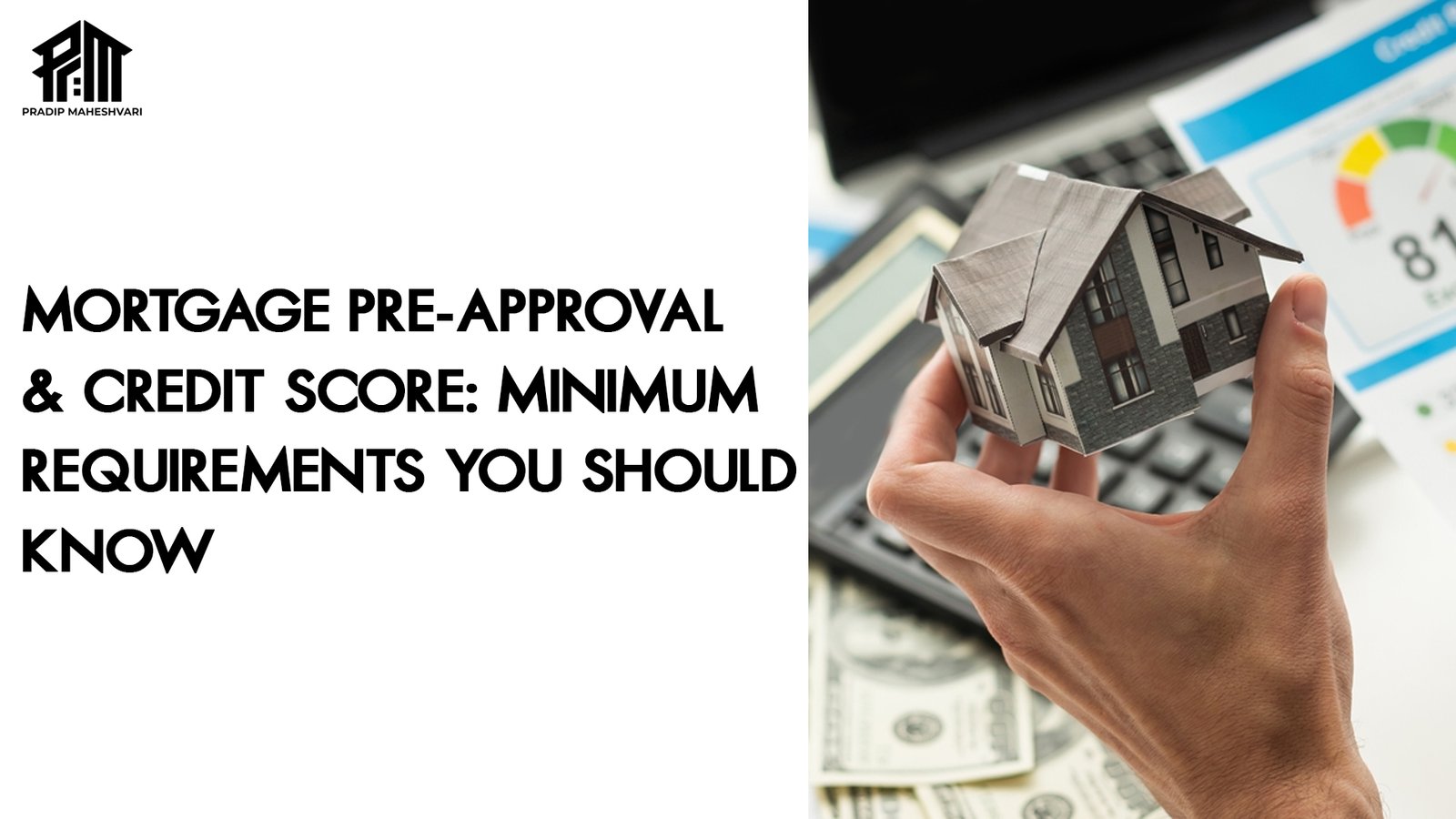Owning multiple properties in Canada is a great way to build wealth, but can you actually have more than one mortgage at the same time? The short answer is yes!
However, securing multiple mortgages comes with challenges, stricter requirements, and careful financial planning.
In this guide, Pradip Maheshvari Mortgages explains how you can qualify for multiple mortgages, what lenders look for, and the best strategies to manage them effectively.
How Many Mortgages Can You Have in Canada?
There’s no legal limit to how many mortgages you can have, but lenders set their own restrictions based on risk. Most major banks are comfortable lending to individuals with up to four or five mortgages, but beyond that, financing becomes more complex.
If you’re looking to expand your real estate portfolio further, alternative lenders and private financing may be necessary.
Key Factors That Impact Multiple Mortgage Approvals
Getting approved for more than one mortgage depends on key factors, including:
✔ Debt-to-Income Ratio (DTI): The lower your existing debt, the easier it is to qualify.
✔ Credit Score: A strong credit score (typically 680+) is required for multiple loans.
✔ Down Payment: Investment properties often require at least 20% down.
✔ Rental Income Consideration: Some lenders include rental income from other properties in your qualification process.
✔ Lender Policies: Different lenders have their own property limits and restrictions.
Getting Started: Steps to Secure Multiple Mortgages
1. Work With Different Lenders
Not all lenders have the same rules. If one institution limits your mortgages, try working with a mix of big banks, credit unions, and private lenders to expand your options.
2. Tap Into Your Home Equity
If you own a property with built-up equity, you can use it to finance additional real estate. Options include:
- Home Equity Line of Credit (HELOC): A flexible borrowing option for future investments.
- Equity Takeout Loan: Borrow against your home’s value to fund another property purchase.
3. Improve Your Debt-to-Income Ratio
Lenders assess how much of your income goes toward debt. Paying down existing loans and increasing your earnings improves your chances of securing more mortgages. Some lenders allow rental income from existing properties to be included in your application.
4. Explore Alternative Lenders
If traditional lenders decline you, private mortgage lenders and B-lenders offer more flexible approvals, though often at higher interest rates.
Managing Multiple Mortgages Without Stress
Owning multiple properties can be rewarding, but also requires financial discipline. Here’s how to stay in control:
✔ Monitor Interest Rates: Keep an eye on the market and refinance if better rates are available.
✔ Plan for Vacancies: Have emergency funds ready in case a rental property sits empty.
✔ Hire a Property Manager: Managing multiple properties can be overwhelming—consider professional help.
✔ Stay Organized: Track mortgage renewal dates, due payments, and lender policies to avoid issues.
Conclusion: Get Expert Help for Multiple Mortgages
Yes, you can have multiple mortgages in Canada, but success depends on choosing the right financing strategy. Whether you’re buying a second home, expanding your rental portfolio, or investing in commercial properties, Pradip Maheshvari Mortgages can help you navigate the process smoothly.
Secure your next mortgage with expert guidance:
Read Also:
Alternative Mortgage Options in Canada: A Guide for Homebuyers










